When Paris Davis joined the ROTC unit at Louisiana’s Southern University and later the Army, the nation was still divided by segregation.
Signs on bars read, “Whites only.” Some seats on buses were off-limits to African Americans. Schools, streets and shops were still divided. And just 14 years had passed since President Harry Truman had desegregated the military. Davis was warned, “Are you sure you want to join?”
Davis didn’t listen. He became one of the Army’s first Black Special Forces officers—and his service and ensuing actions in Vietnam would come full circle on March 3 as he stood in the White House to receive the Medal of Honor, the nation’s highest award for valor.
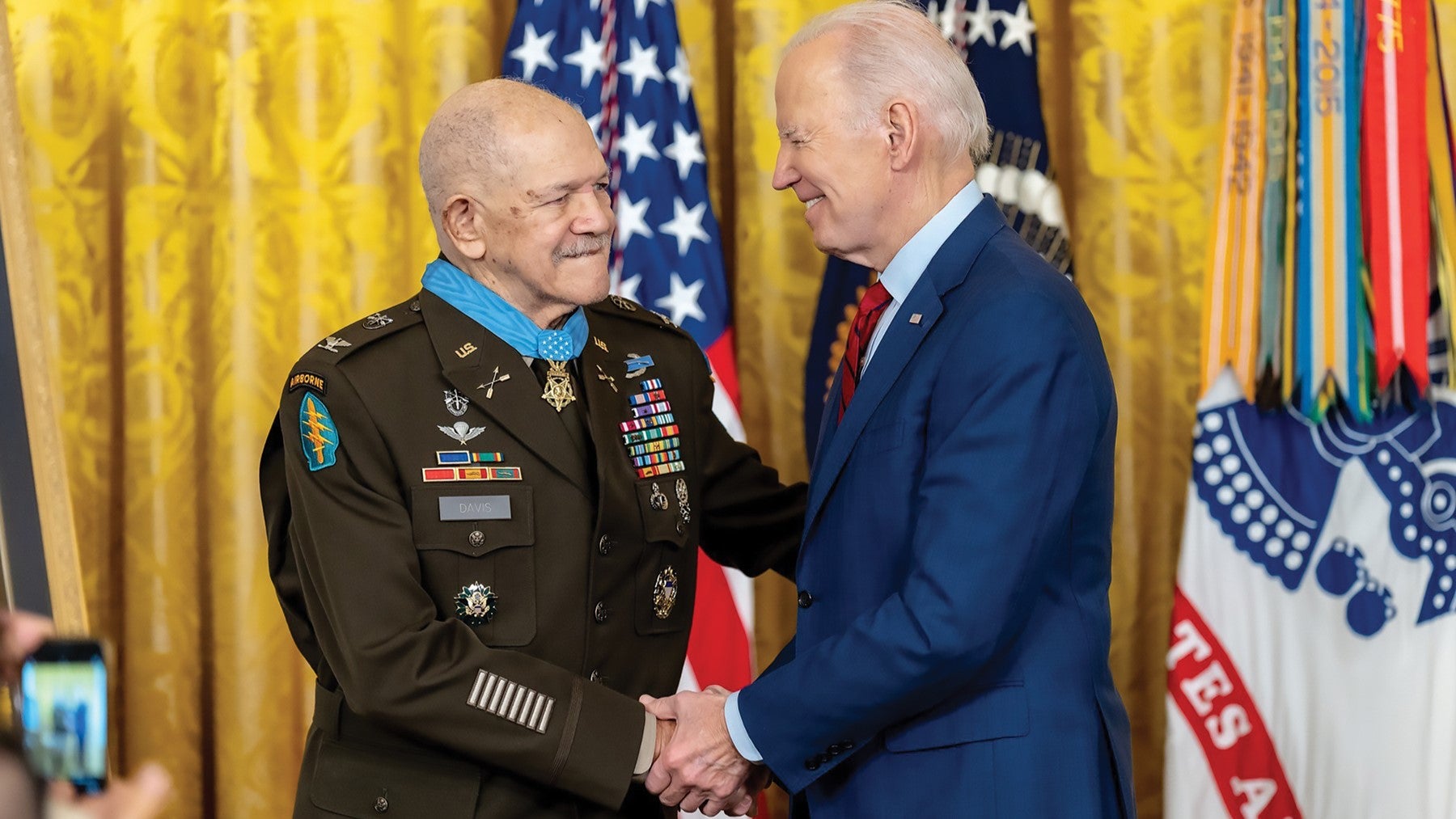
“To many, he was less than an American,” but he chose to serve anyway, “volunteering to serve a country that, in many places, still refused to serve people who looked like him,” President Joe Biden said during the ceremony, which took place almost 60 years after Davis saved the lives of his fellow Special Forces soldiers during a harrowing fight against a much larger enemy force near Bong Son, Vietnam.
“The word ‘gallantry’ is not much used these days, but I can think of no better word to describe Paris,” Biden said.
Now 83, Davis served a full Army career and retired as a colonel.
“Paris, you are everything this medal means,” Biden said. “You’re everything our generation aspired to be. You’re everything our nation is at our best—brave and big-hearted, determined and devoted, selfless and steadfast.”
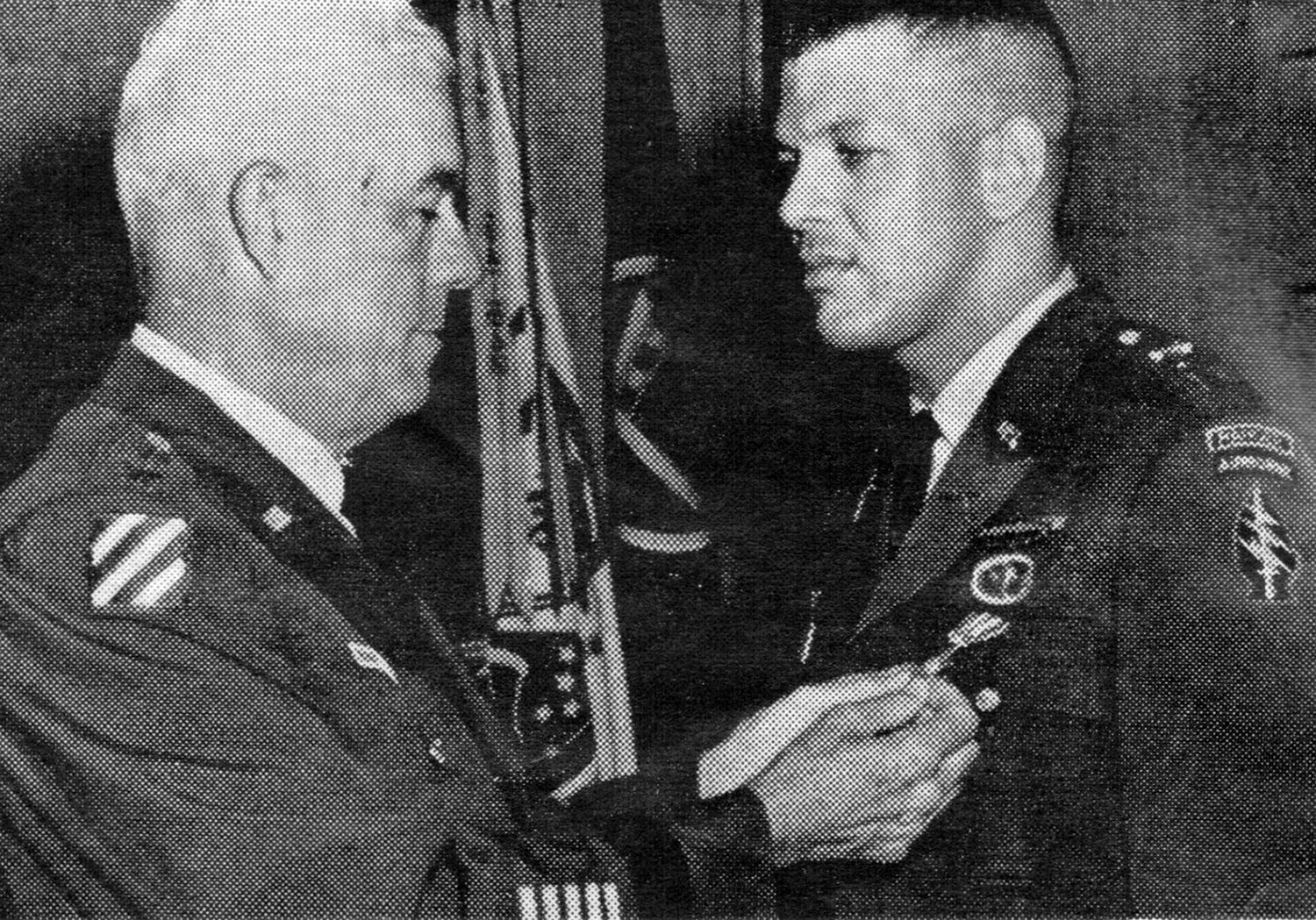
Tough Fight
Davis said he is proud of the men he served with. “It was such a long time ago, but what I remember the most was that we knew that the fight would be tough, and the enemy was all around us,” Davis said through his daughter, Regan Davis Hopper, who read his speech aloud during a March 6 ceremony inducting him into the Pentagon’s Hall of Heroes. “I’m so proud of the 100 South Vietnamese soldiers who fought with us. Collectively, we never accepted defeat, nor did we let our guard down.”
Even though his team was outnumbered, “I knew I had to stay positive and take care of my men,” Davis said. “Looking back, I can hardly remember the sting of the grenade, the wounds to my hands, forearm, leg and face. I do remember, though, that so many others suffered more.”
In June 1965, a then-26-year-old Capt. Davis was commander of Detachment A-321, 5th Special Forces Group, 1st Special Forces, according to the White House. On June 17–18, leading an inexperienced company from the 883rd South Vietnamese Regional Force, Davis and his team learned that a “vastly superior” North Vietnamese enemy force was operating in the area near Bong Son, the White House said.
Davis led a pre-dawn strike on the enemy camp. “Through surprise and leadership, he gained the tactical advantage, personally engaging and killing several enemy soldiers,” the White House said. “Wounded while leading the initial assault, Captain Davis continued moving forward, personally engaging the enemy in hand-to-hand combat.”
The raid was a success, Biden said. “But as the sun began to rise, the men heard that haunting sound ring out: a bugle,” Biden said. “A sure sign of a counterattack.”
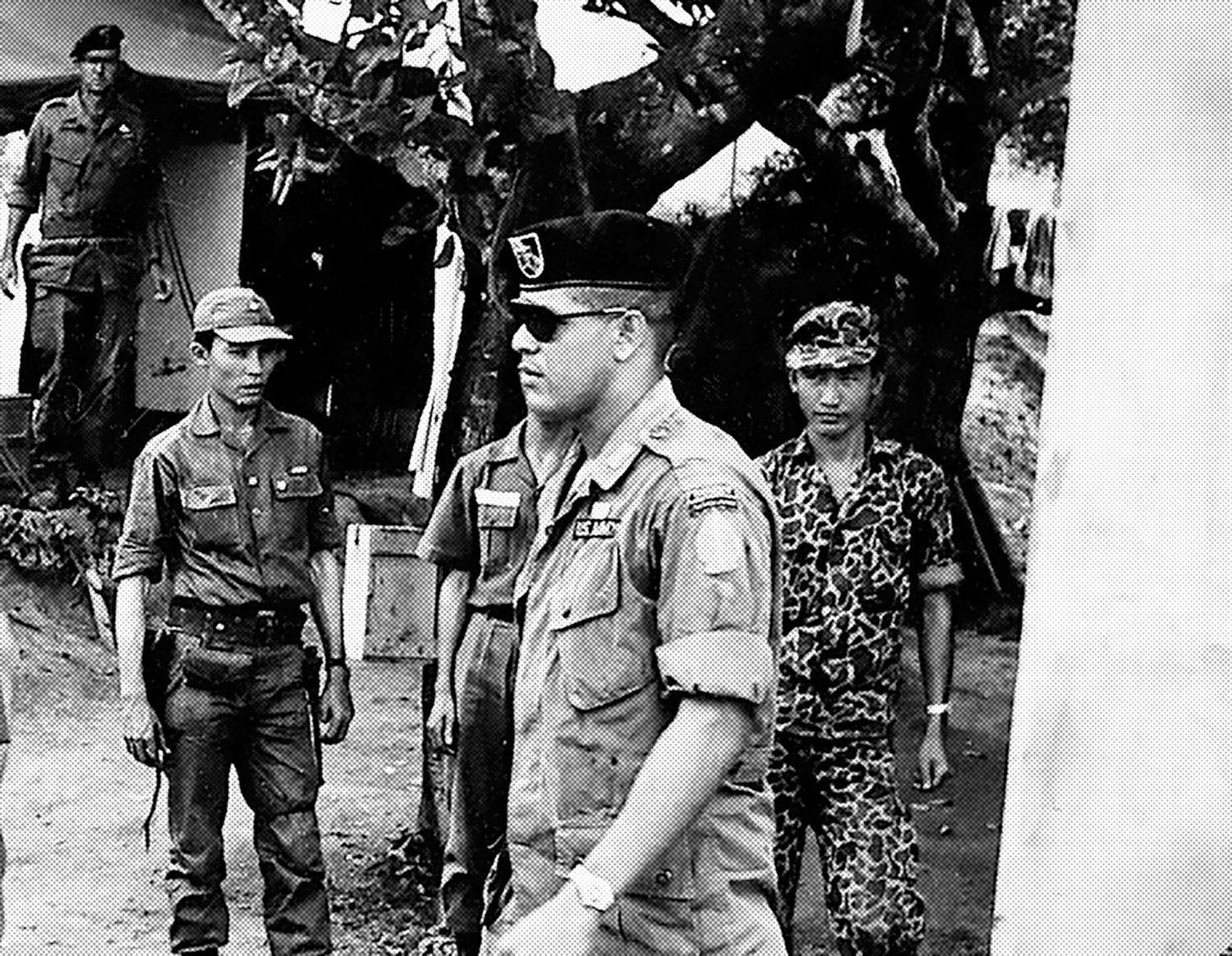
Last American Standing
Within minutes, enemy fire raked the jungle. Hundreds of enemy fighters began to swarm, separating Davis from the main element of his team. “Charging under the intense enemy fire, Captain Davis personally led four others in the destruction of enemy gun emplacements and captured more enemy personnel,” the White House said.
As he regrouped his forces, the enemy attacked again, and Davis was struck by automatic weapons fire. A charging enemy soldier was so close that Davis fought him in hand-to-hand combat and again was wounded, the White House said.
At one point in what would become a nearly 19-hour fight, Davis was the last American standing, pinned down by hundreds of enemy troops, according to The New York Times.
“Certain that he was as good as dead, he began fighting without fear of consequence, pulling his M-16 trigger with his pinkie, sprinting repeatedly into open ground to rescue teammates, and refusing to leave the fight, even after being shot several times,” the Times reported in 2021.
“We were stacking bodies the way you do canned goods in a grocery store,” Davis recounted in a 2021 interview with CBS News.
Despite his wounds, Davis continued fighting, leading his men to reorganize while he called in more artillery and air support. “Hours into that fight, Capt. Davis suddenly heard a sound worse than the bugle—his teammate crying out for help,” Biden said.
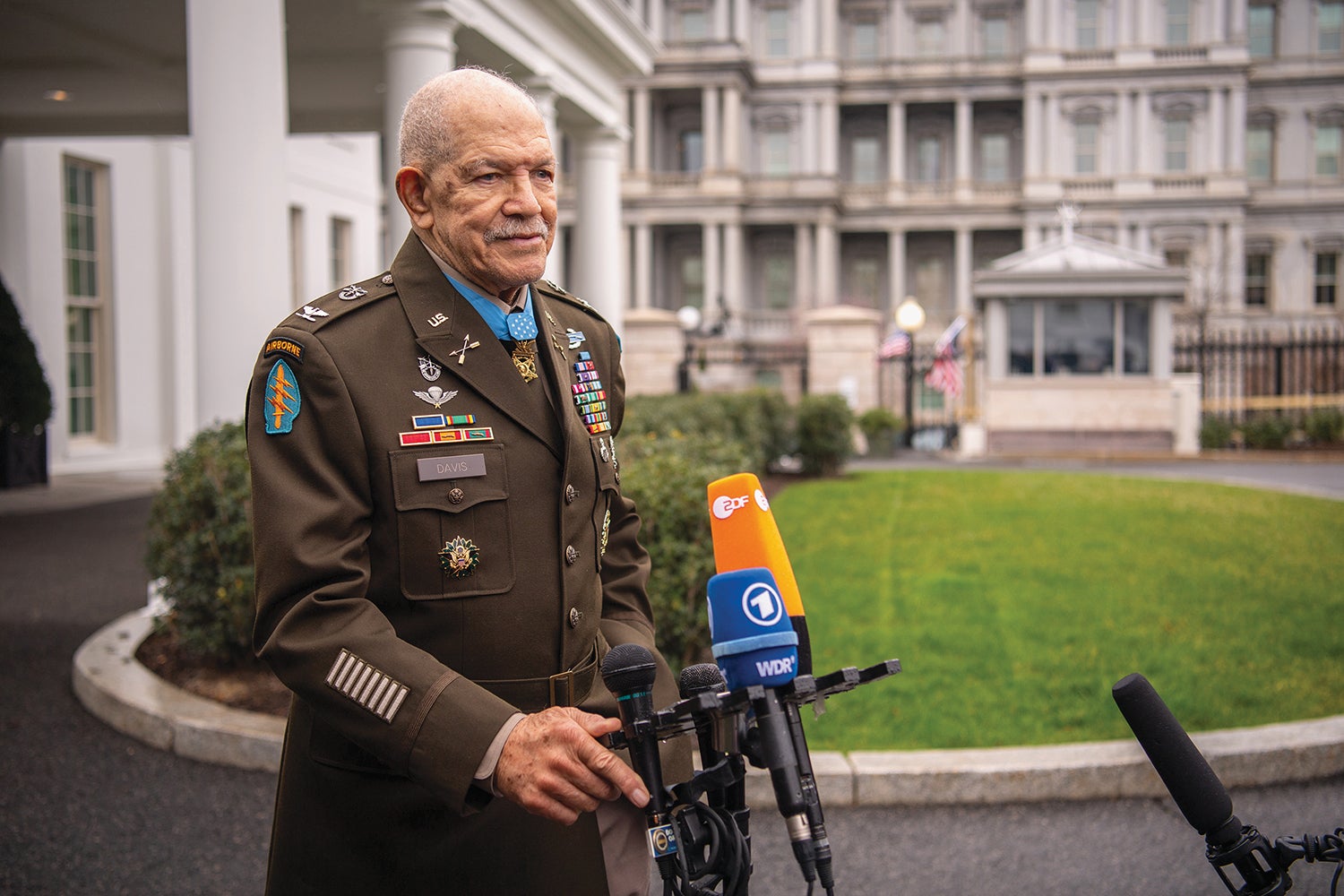
‘I’m Coming for You’
Realizing that his comrades, Master Sgt. Billy Waugh, Staff Sgt. David Morgan and Spc. Robert Brown, were “incapacitated and unable to move while trapped by enemy fire,” Davis suppressed the enemy guns and moved toward his wounded comrades, the White House said. “Without hesitation, he yelled, ‘I’m coming for you,’ ” Biden said of Davis.
He ran toward Waugh, the team sergeant, but turned back after he was shot in the arm, Biden said. He sprinted out again, but he couldn’t break Waugh free from the rice paddy. On his third try, Davis threw Waugh over his shoulder and was carrying him up a hill to safety when Davis was shot in the leg, Biden said. “In great pain, he continued forward and dragged him to the Company perimeter,” the White House said.
Davis then went back down the hill to rescue Sgt. 1st Class John Reinburg, a Green Beret who had been shot twice in the chest after arriving to reinforce Davis and his team. “He had been fighting for around 10 hours, but Capt. Davis didn’t hesitate,” Biden said. “He went back down the hill to retrieve the reinforcement who had been just shot in the chest, all 240 pounds of him.”
Davis then ran toward Morgan, the team’s weapons specialist, who was stuck in dirt and muck as enemy fire flew all around them. Davis threw Morgan a rope, pulled him free and began hauling him up the hill as well.
By this time, a rescue helicopter had landed at the scene. A colonel ordered Davis to get on board.
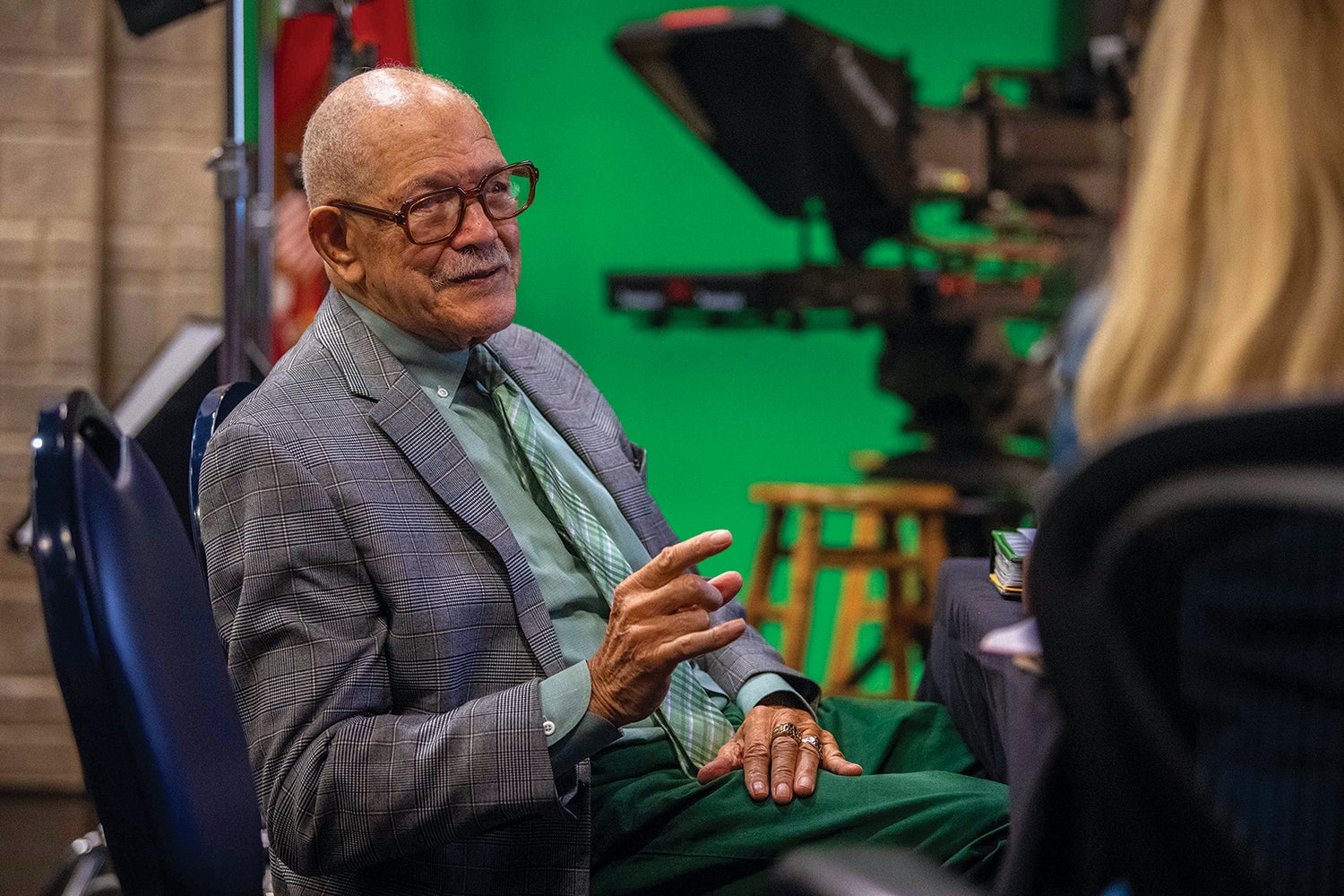
Disobeyed Order
In a 1969 interview on The Phil Donahue Show, Davis said he was twice ordered to evacuate the area. “I told him, ‘Sir, I’m just not going to leave. I still have an American out there,’ ” Davis said. “He told me to move out, and I just disobeyed the order.”
Unsure if Brown, the medic, was still alive, Davis began planning how to reach him. Davis exposed himself again to enemy fire, crawling 150 yards while being hit by enemy grenade fragments, the White House said.
Brown had been shot in the head. “He said, ‘Am I going to die?’ ” Davis told CBS News. “I said, ‘Not before me.’ ”
“Still fending off Viet Cong assailants, Capt. Davis hauled his medic up the hill,” Biden said.
Refusing medical evacuation, Davis continued to engage the enemy and lead the fight until his wounded troops were brought to safety. “Nearly 20 hours later, Capt. Davis had saved each one of his fellow Americans,” Biden said. “Every single one.”
After the battle, Davis’ commander, Maj. Billy Cole, nominated him for the Medal of Honor, “but the Army somehow lost the nomination,” The New York Times reported. “His frustrated commander resubmitted it, and inexplicably the nomination disappeared again.”
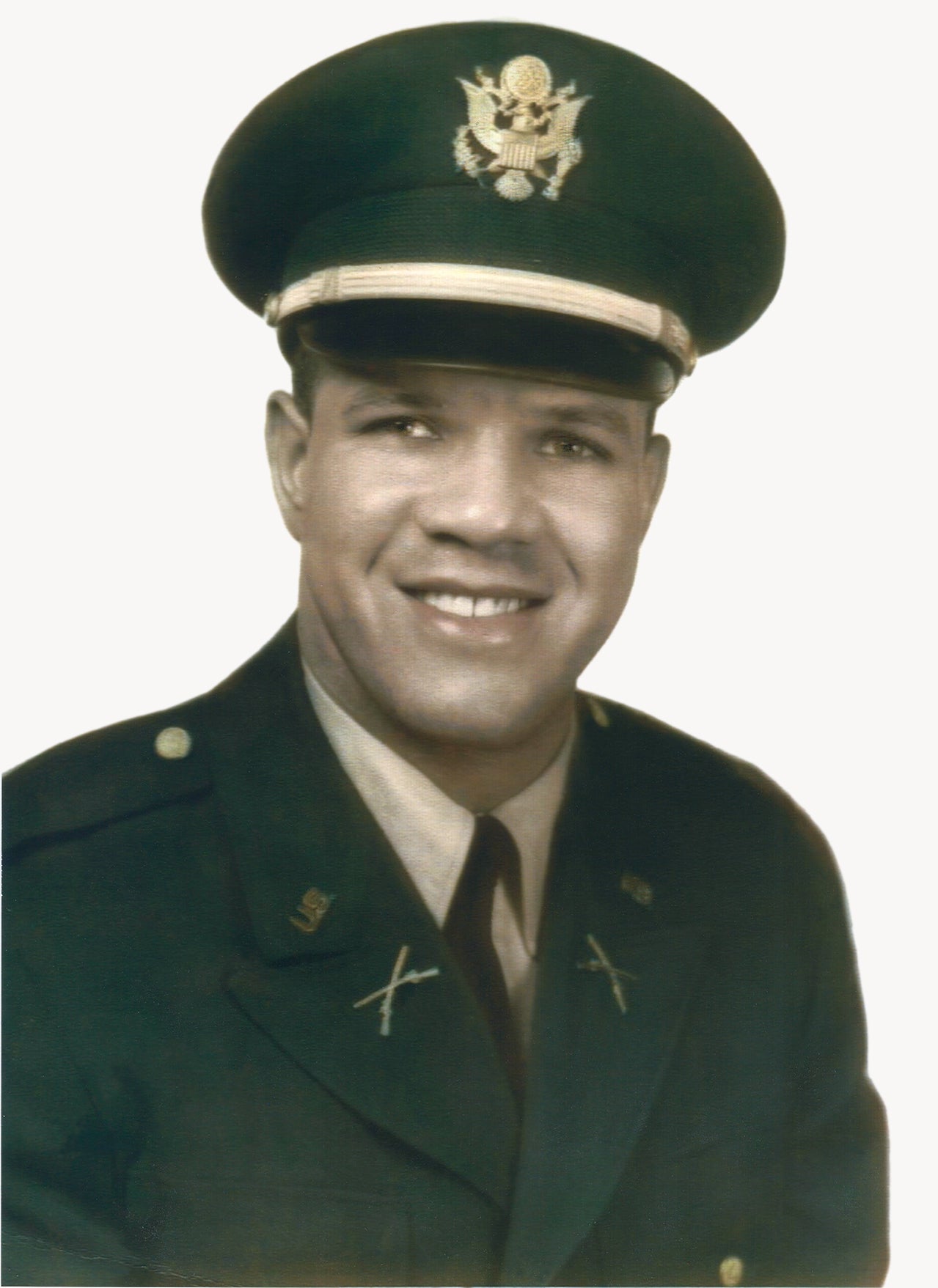
Righting a Wrong
Over the years, Davis’ fellow soldiers would push for him to be properly recognized, with no results.
“I only have to close my eyes to vividly recall the gallantry of this individual,” Waugh wrote about Davis in 1981, according to several news reports. After the battle, Waugh, who had been shot multiple times in the legs and was carried to safety on Davis’ shoulders, went on to have a distinguished career in special operations and the CIA.
Davis’ friends and supporters eventually came to believe Davis was being overlooked because he was one of the first Black officers in Special Forces. “We’re all trying to right a wrong,” Ron Deis, the Special Forces team’s youngest member, told CBS News.
A tearful Deis told The New York Times, “We all knew he deserved it then. He sure as hell deserves it now.”
When asked by CBS News, Davis said, “I don’t think, I know, race was a factor.”
In January 2021, then-acting Defense Secretary Christopher Miller, a Special Forces veteran who fought in Iraq and Afghanistan, ordered an expedited review of Davis’ nomination that led to its approval earlier this year.
“I wish I could say that this story of Paris’ sacrifice on that day in 1965 was fully recognized and rewarded immediately,” Biden said. “But sadly, we know they weren’t.”
Despite the long delay, Davis never lost faith, Biden said. “He never stopped believing in the founding vision of our nation, … a vision Paris fought to defend 58 years ago,” Biden said.
Many Medals
A native of Cleveland who was commissioned as a U.S. Army Reserve armor officer in 1959, Davis earned his Airborne and Ranger tabs in 1960 and his Special Forces tab in 1962, according to the White House. He served in Korea and Okinawa, Japan, before deploying to Vietnam in 1962 and again in 1965. During that second deployment to Vietnam, from April to October 1965, Davis earned the Silver Star, a Bronze Star with V device, Purple Heart with one bronze oak leaf cluster and the Air Medal with V device, the White House said.
During that same deployment, he also was awarded the Soldier’s Medal for saving a soldier who was stuck in an overturned, burning fuel truck. Davis pulled the soldier from the truck just before it exploded.
He is now one of only four people to have received both the Soldier’s Medal and the Medal of Honor, according to the Army.
After retiring from the Army in July 1985, Davis became the publisher of the Metro Herald newspaper in Virginia. A resident of Northern Virginia, Davis was inducted into the Ranger Hall of Fame in 2019.
Despite the long-overdue recognition, Davis said he is proud to be an American soldier and “forever a Green Beret.”
“I am grateful for what the Army provided me and what America has given me—opportunity, purpose and pride,” he said.
Receiving the Medal of Honor is “quite overwhelming,” but “it reminds me that with cooperation, all things are possible,” Davis said. “My hope is that Americans and the members of the armed forces will take a moment to reflect, and I hope you will find a way to serve your community, our country.”

